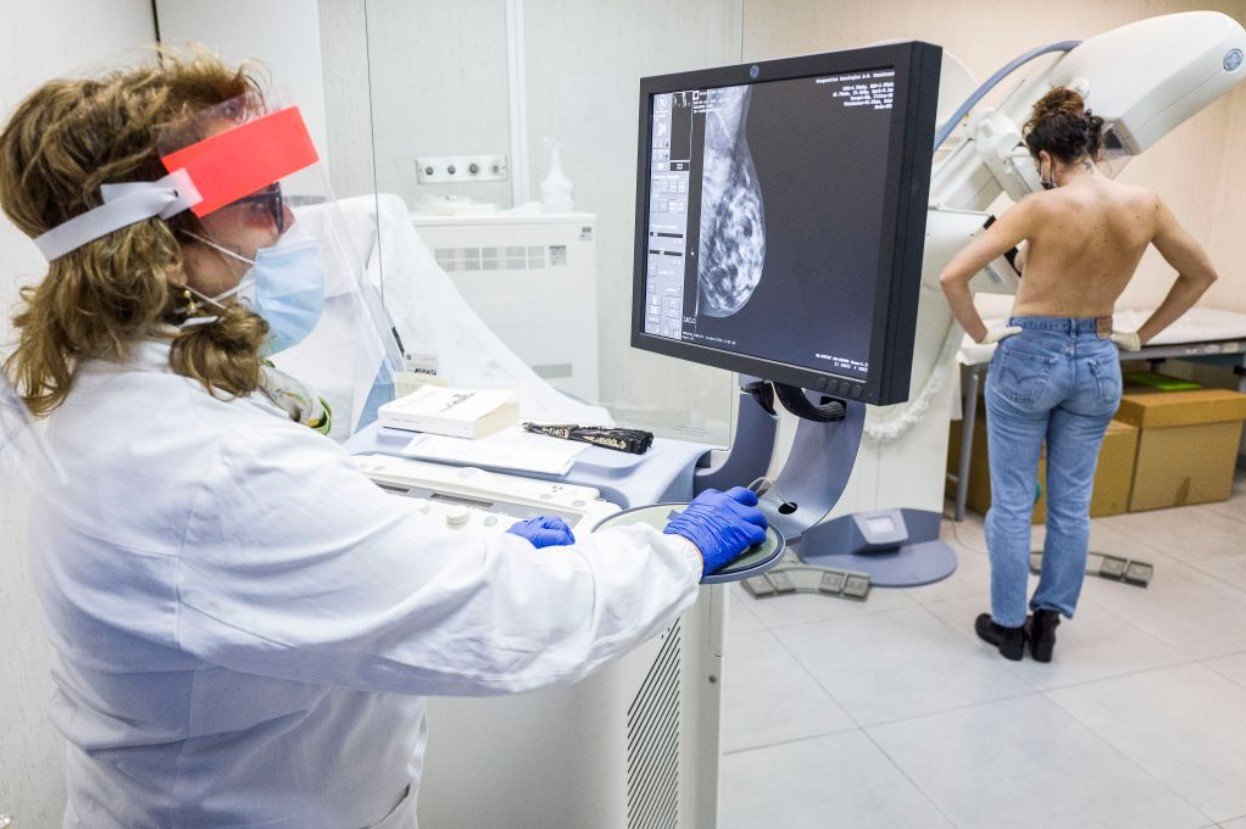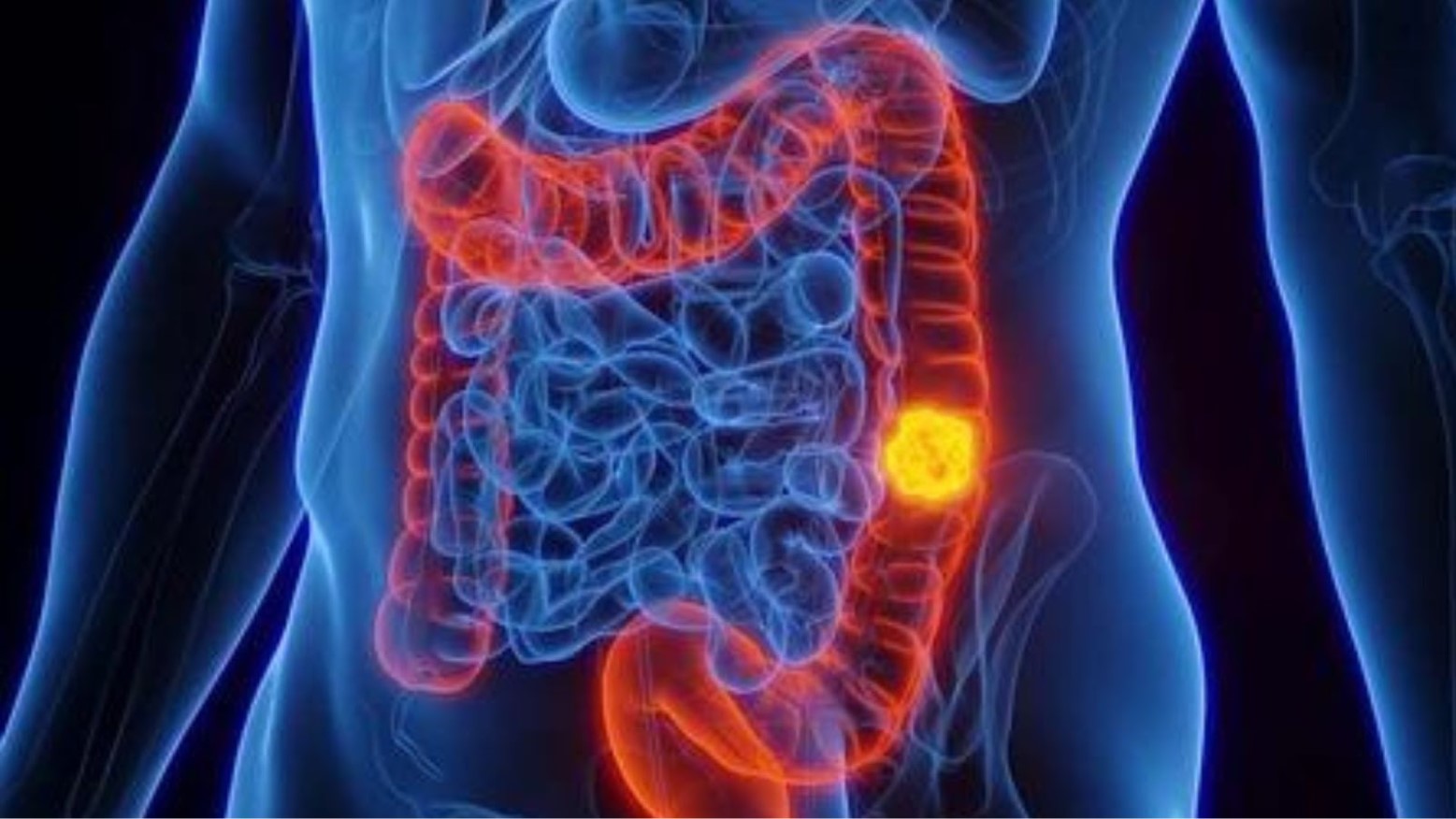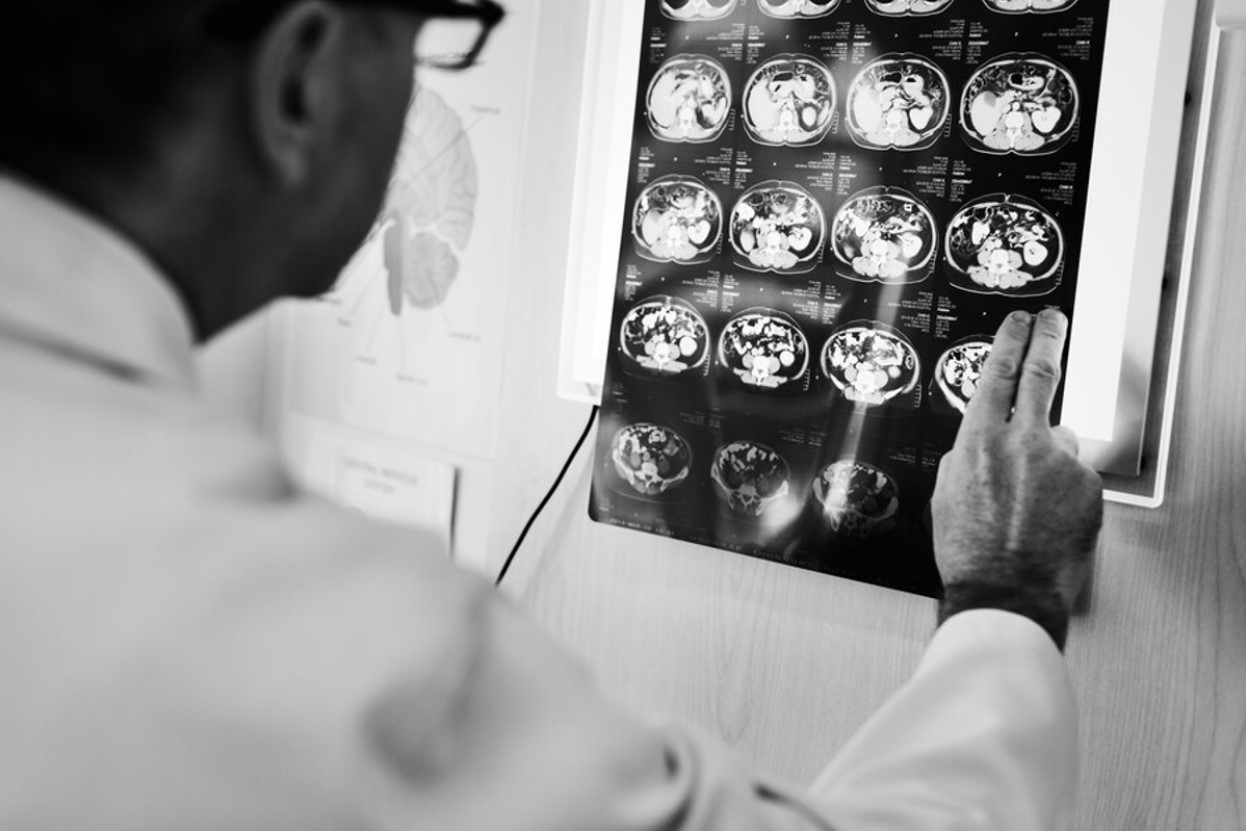Cancer is a horrific disease that can affect anyone of any age. However, historically, the majority of people who contract some form of cancer have been over the age of 50. But that doesn’t seem to be true anymore.
Over the course of 20 years, from 1999 to 2019, the number of people under the age of 50 diagnosed with cancer has increased by 15%. And the National Cancer Institute is trying to figure out why.
The Newest Cancer Statistics

According to a study conducted by the JAMA Network Open, from 2010 to 2019, the majority of people under the age of 50 who were diagnosed with cancer were women.
And of those women, the most common cancers were rectum, thyroid, colon, and breast. Though they also noted that the fastest-growing cancers among the younger generation are those of the appendix and intrahepatic bile duct.
What Is the Intrahepatic Bile Duct?

The intrahepatic bile ducts are small tubes that connect organs such as the gallbladder, liver, and small intestine.
And according to their research, this kind of cancer of the digestive tract has increased by 15% over the course of just 10 years.
Colorectal Cancer Is Also on the Rise

Additionally, the study noted that colorectal cancer has been increasing steadily by 2% over the past 20 years.
In fact, a person born in 1950 is four times less likely to be diagnosed with colorectal cancer than a person born in 1990.
Why Are Younger Americans Contracting Digestive and Colorectal Cancer?

These numbers are certainly staggering, and several cancer research centers have been working tirelessly to try to understand why they are happening.
And the majority of scientists and physicians agree that the most likely cause of the significant increase in digestive and colorectal cancers among Americans between the ages of 15 and 50 is simply the change in lifestyle.
Cancer Is Linked to Processed Foods

According to the Center for Disease Control and Prevention (CDC), “Approximately 60% of the American diet comes from processed foods.” Which is, of course, far more than ever before.
And researchers at the International Agency for Research on Cancer found that an “increased consumption of ultra-processed foods is linked to an elevated risk of multimorbidity involving cancer and cardiometabolic diseases.”
America’s Lack of Nutrition Is a Real Problem

In addition to being directly correlated with cancer, processed foods have also been proven to increase the chance of obesity.
America’s obesity rate is rising constantly. Today, 42.4% of Americans are obese, and 9.2% have severe obesity. And according to a paper published in Lancet Public Health, researchers found that, “The risk of developing an obesity-related cancer seems to be increasing in a stepwise manner in successively younger birth cohorts.” In other words, as the obesity rate rises in young Americans, so do cancer diagnoses.
Some Doctors Are Arguing Obesity and Diet Are Not the Only Factors to Consider

While the theories that processed foods and obesity are causing a spike in young people with cancer are widely respected by oncologists around the country, there are some who believe these are not the only factors to consider.
Gastrointestinal oncologist and founder of the Young-Onset Colorectal Cancer Center, Dr. Kimmie Ng, explained, “I can tell you just from seeing so many young patients in my clinic that many of them—most of them actually—are not obese. They’re healthy. They’re often marathon runners, and they often follow a healthy diet and eat organically. There’s something else going on.”
What Else Could Be Causing the Increase in Young Cancer Patients?

Dr. Hyuna Sung, senior principal scientist at the American Cancer Society, reported that they really don’t know yet why cancer has increased in people below 50 by 15% in just a few decades. However, they did note it is essential that researchers continue to monitor and study the current and future trends.
Dr. Sung said, “We need more studies to look into all the lifetime exposures to identify those risk factors and those results should be able to inform how we can prevent and detect all of these cancers.”
Taking Care of Everyone But Themselves

It’s important to understand that one of the biggest issues in regards to the increasing number of cancer in adults under 50 is that they don’t realize they have the disease until it’s too late.
As Dr. Ng explained, “This is really the ‘sandwich generation’—many of these people are parents who are also taking care of their own elderly parents.”
Should Americans Under 50 Be Getting Screened for Cancer?

In response to the ever-increasing number of late-stage cancer diagnoses in young Americans, many are wondering if physicians should be enforcing earlier cancer screenings.
Some doctors say it would help, while others believe that more research needs to be done to understand genetic predisposition to the disease instead. But they all agree that primary care physicians should certainly be on the lookout for symptoms at every checkup and on all blood tests, regardless of age.
Cancer Is the Fourth Most Common Cause of Death for Young Adults

While America is specifically seeing a significant increase in young adults with cancer, they are not the only country in the world facing this problem.
In fact, according to a study conducted by The Lancet Oncology, cancer is the fourth most common cause of death on the planet for those aged 15 to 39. And if cases keep increasing as they have been, it may soon make its way up that list.
Ultra-Processed Foods and Public Health

Ultra-processed foods have emerged as a growing threat to public health, laden with additives that strip away essential nutrients and introduce potentially harmful ingredients.
From fizzy drinks to cereals and packaged snacks to processed meat, these foods contribute to an alarming trend in the standard American diet. While obesity and lack of physical activity are well-recognized health concerns, the unprecedented consumption of ultra-processed foods poses a new and possibly underestimated risk.
Ultra-Processed Foods Are a Silent Killer

Physicians from Florida Atlantic University’s Schmidt College of Medicine have delved into this issue, exploring the hypothesis that the escalating consumption of ultra-processed foods may be the new “silent” killer, akin to unrecognized high blood pressure in previous decades.
In a commentary published in The American Journal of Medicine, the authors emphasize the misalignment between the entertainment industry, the food industry, public policy, and the health needs of patients.
Ultra-Processed Foods Comprise Almost 60% of the Average Adult’s Diet

Ultra-processed foods, comprising nearly 60 percent of the average adult’s diet and almost 70 percent of children’s diets in the United States, contain hundreds of novel ingredients previously unknown to human physiology.
The American College of Cardiology advises patients to opt for minimally processed foods, but there’s a challenge in defining ultra-processed foods precisely, leading to ambiguity in dietary guidelines.
Ultra-Processed Foods Create a Dysbiotic Microbiome

The NOVA classification system, dividing foods into four categories, is gaining traction, categorizing foods as whole, culinary ingredients, traditionally processed, or ultra-processed.
The latter includes industrially made foods with ingredients uncommon in domestic kitchens. The hazards associated with ultra-processed foods extend beyond additives, as they may create a dysbiotic microbiome in the gastrointestinal tract, potentially promoting diseases.
Emulsifiers in Processed Foods May Cause Inflammatory Bowel Disease

Emulsifiers and other additives present in these foods may serve as a food source for microbiota, contributing to a mucous layer that fosters bacteria linked to inflammatory bowel disease.
The authors highlight that maintaining a proper mucous layer is crucial, as disruptions, caused by additives like carrageenan, polysorbate-80, and cellulose gum, may lead to vulnerability and trigger immunologic responses.
Ultra-Processed Foods May Contribute to Colorectal Cancer

The marked increase in colorectal cancer and other gastrointestinal diseases in the U.S., particularly among younger adults, raises concerns about the role of increased ultra-processed food consumption.
The authors underscore the need for direct testing in analytic studies to determine the contribution of ultra-processed foods to rising non-communicable diseases. In the interim, healthcare professionals are urged to discuss the benefits of whole foods and advocate for reducing the consumption of ultra-processed foods with their patients.








































